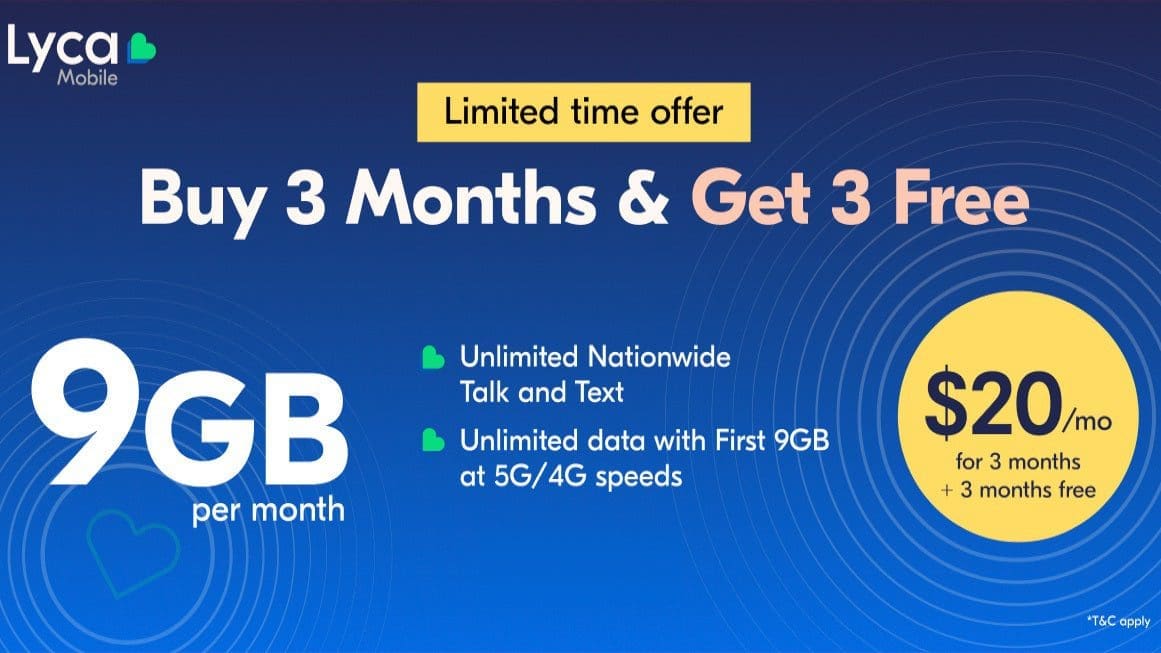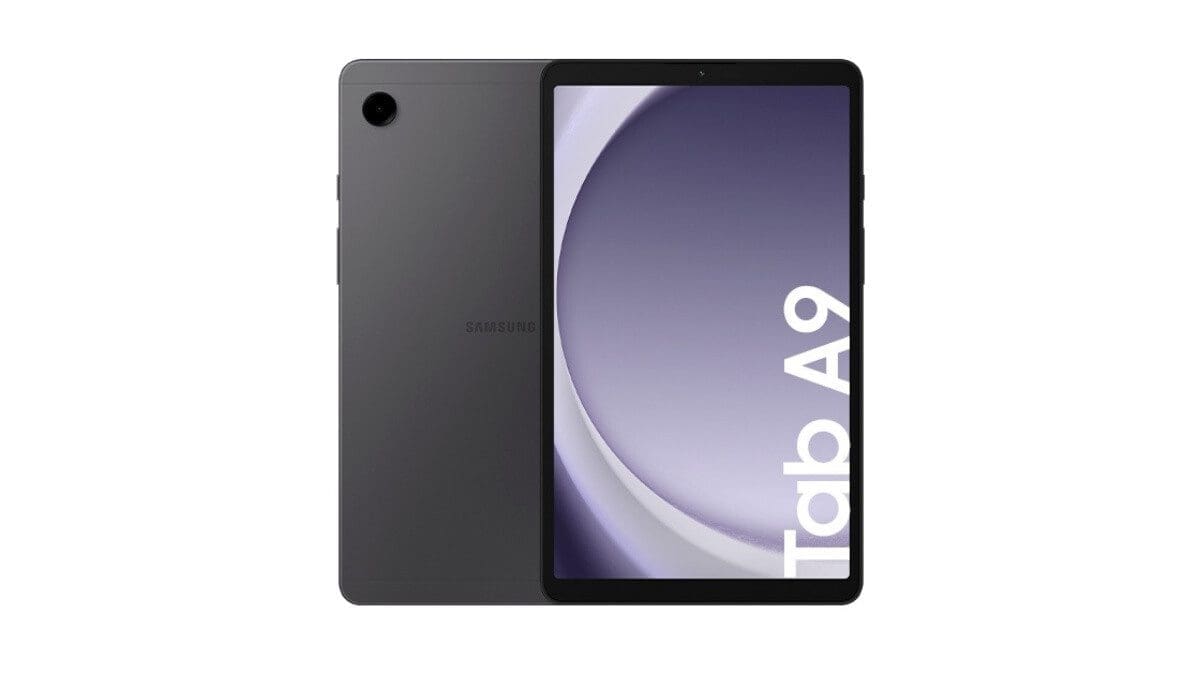T-Mobile’s acquisition of Sprint has resulted in higher prices for consumers in the United States, according to a recent study by Rewheel. The research firm found that in markets with only three mobile network operators, monthly prices are two to three times higher and gigabyte rates are five to six times higher.
On the other hand, markets with four mobile networks tend to have healthier competition, leading to lower prices for customers. In markets with only three major network operators, consumers end up paying significantly more for mobile plans with 100GB of data and also shell out 60 percent more each month for fixed broadband services.
As a result of the T-Mobile and Sprint merger in 2020, the US has become one of the most expensive markets globally. This is despite the fact that voice and data plan prices, as well as broadband plans, are decreasing across most European and OECD countries.
Before the merger, prices were actually falling in the US. However, after the consolidation of T-Mobile and Sprint, price reductions either halted completely or slowed down significantly. The study focused on monthly plan prices with 50GB of data, 10 Mbit/s speeds, and at least 1,000 minutes.
Contrary to a report from CTIA suggesting a steep decline in cost per megabyte of data from 2012 to 2022, Dish was intended to take Sprint’s place as the fourth-largest provider in the country. Unfortunately, Dish’s challenges have prevented it from posing a threat to AT&T, Verizon, and T-Mobile – all of whom seem to view price increases as a key strategy for revenue growth.
Despite the rise in prices, customer loyalty remains strong among all three carriers. They have reported historically low churn rates (number of customers leaving) for the first quarter. However, customer satisfaction rankings from recent reports show that some MVNOs actually surpass the major network operators in terms of customer satisfaction levels.









